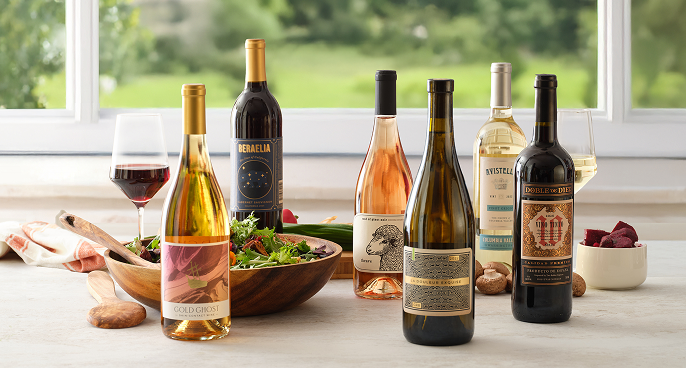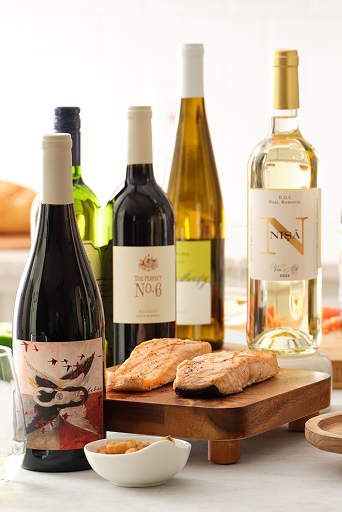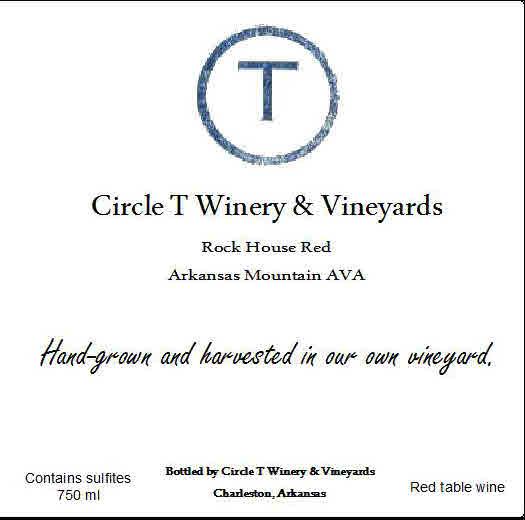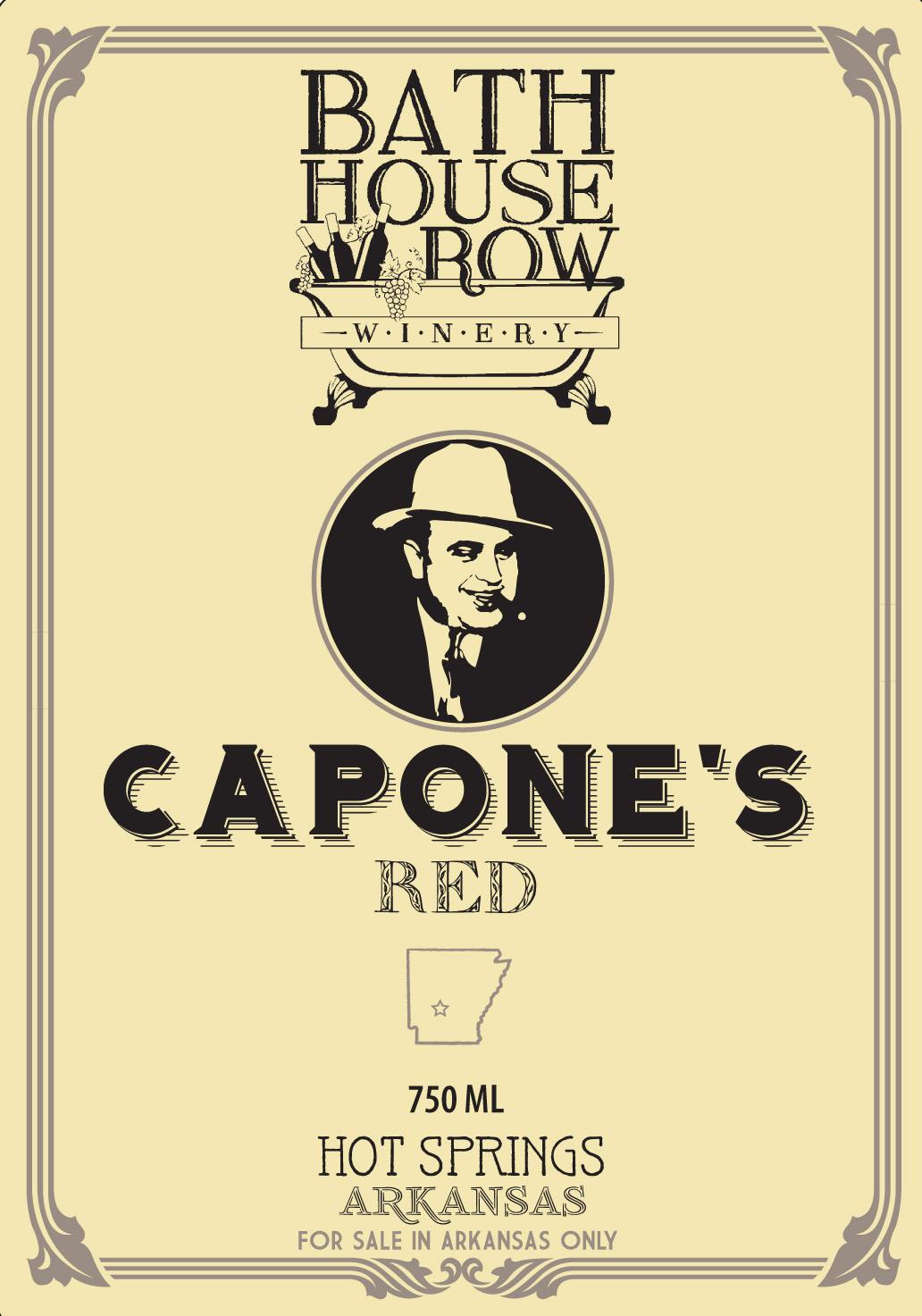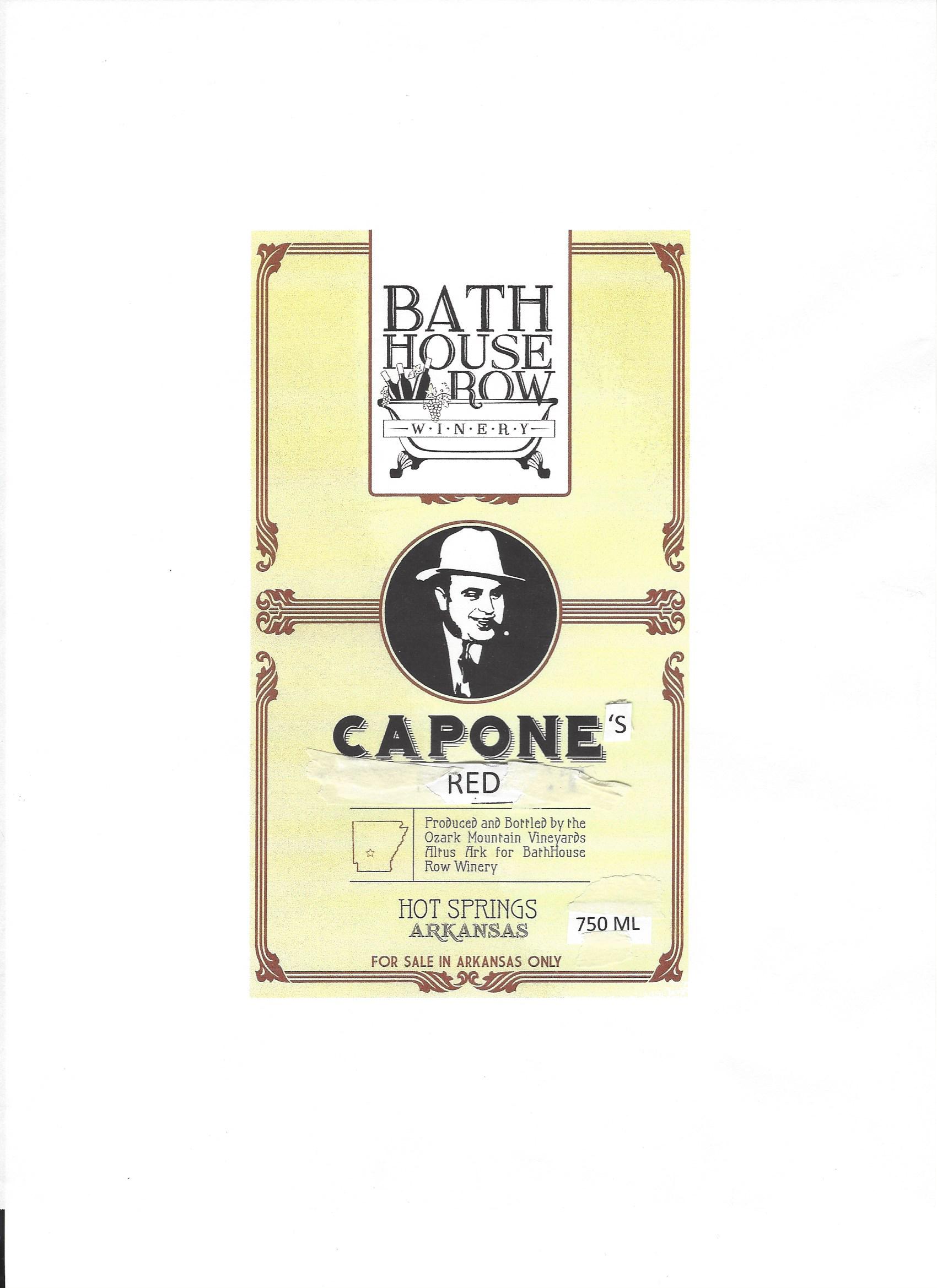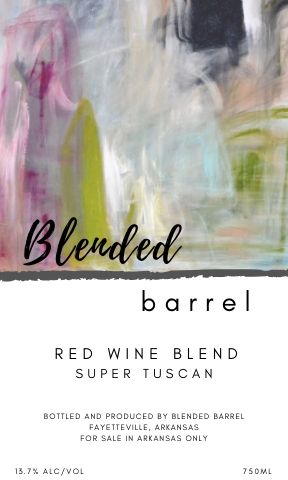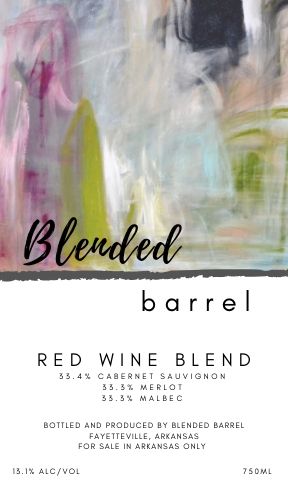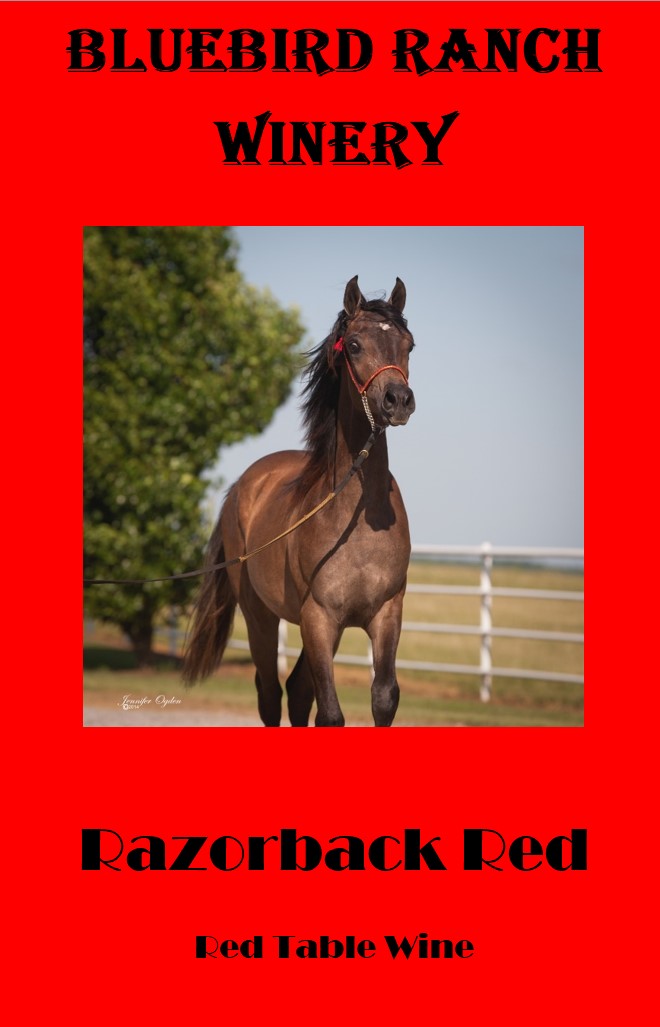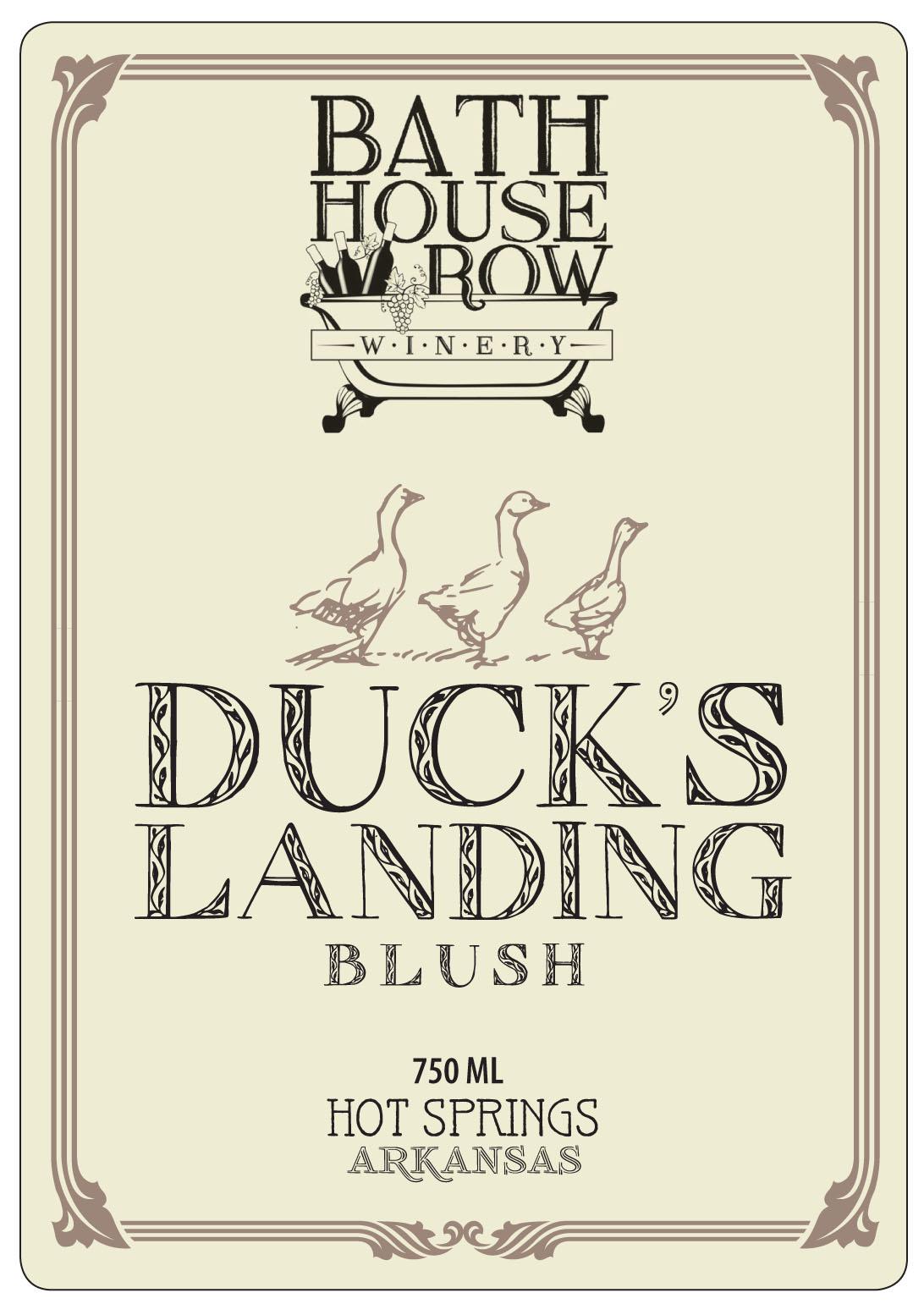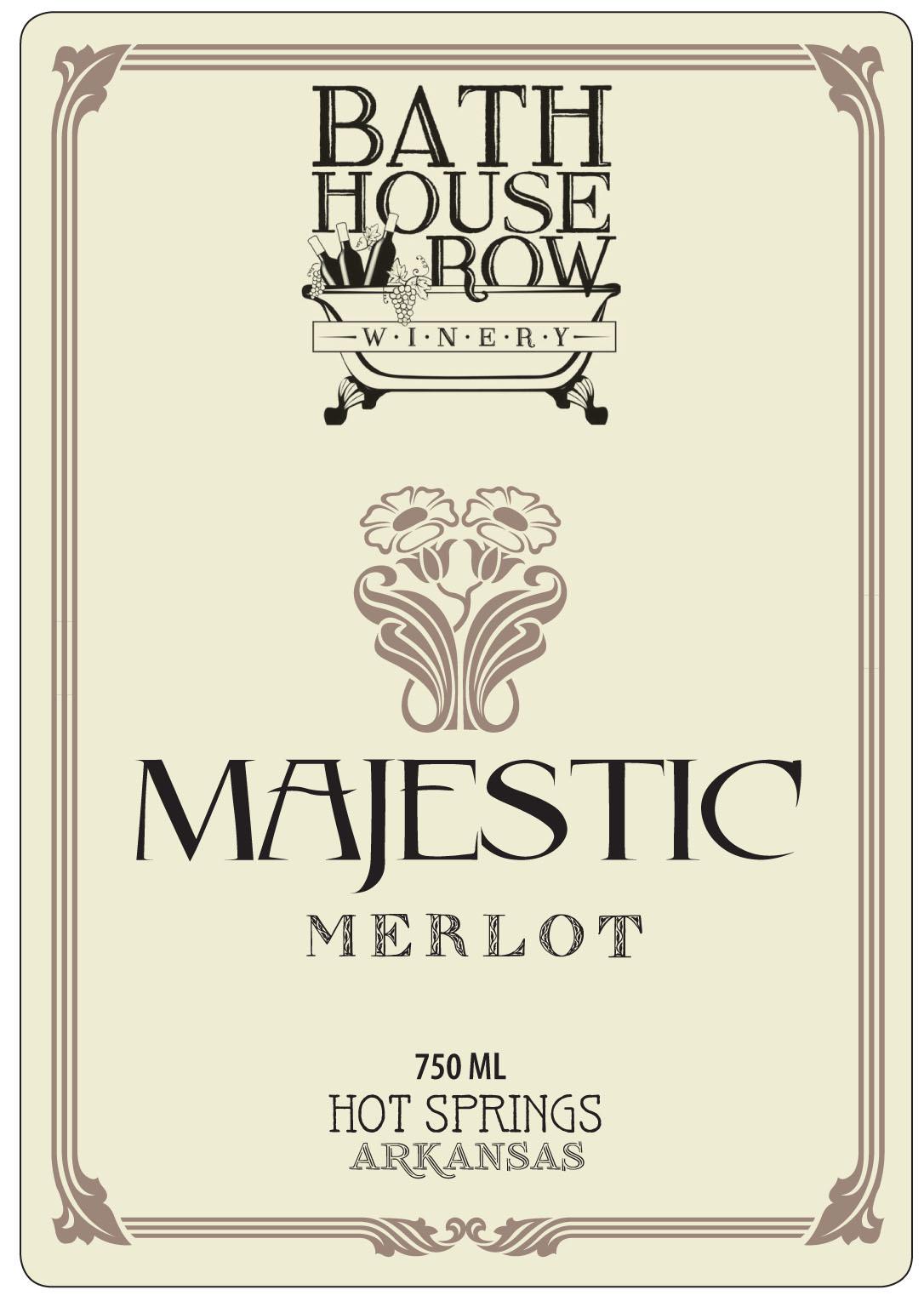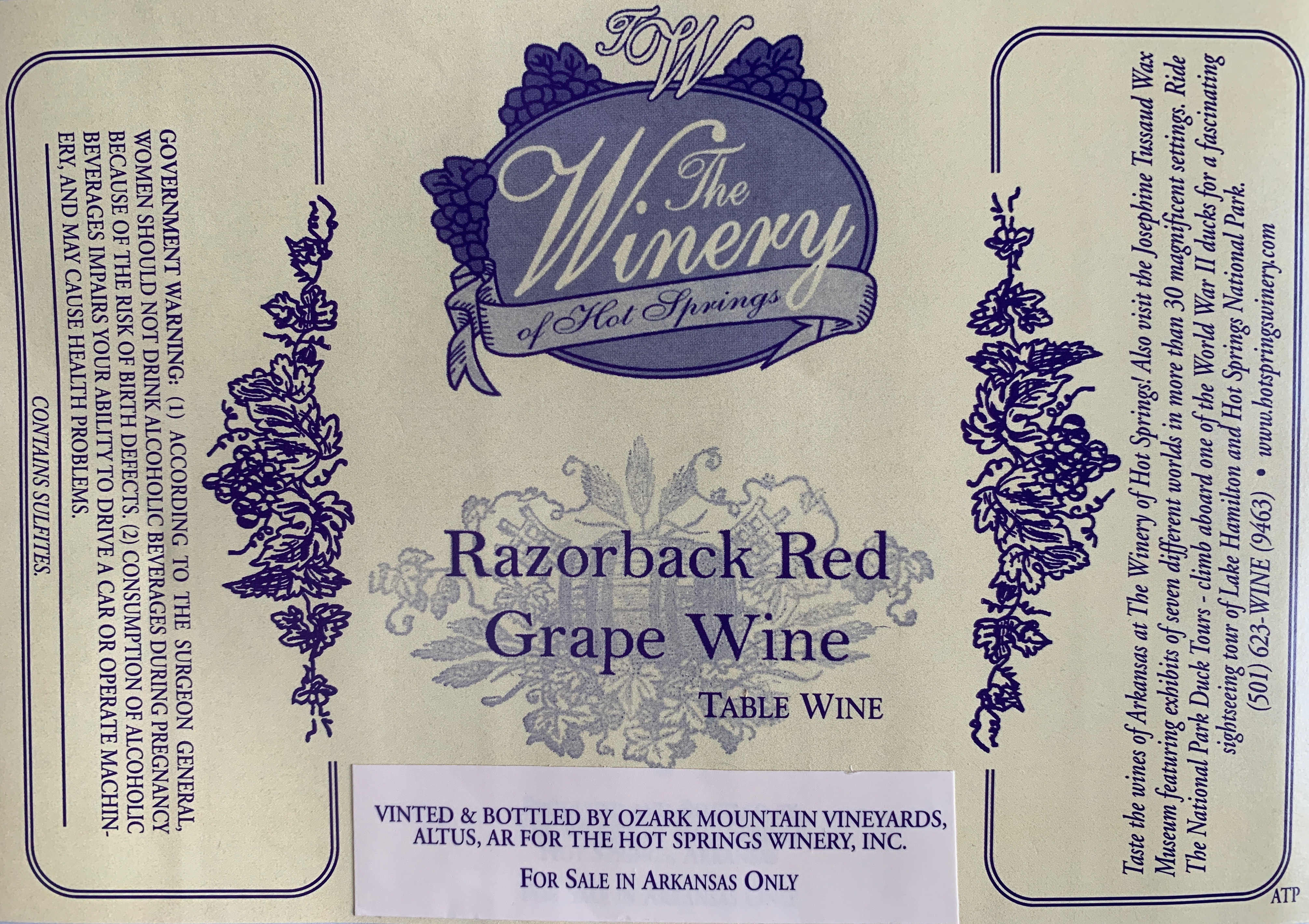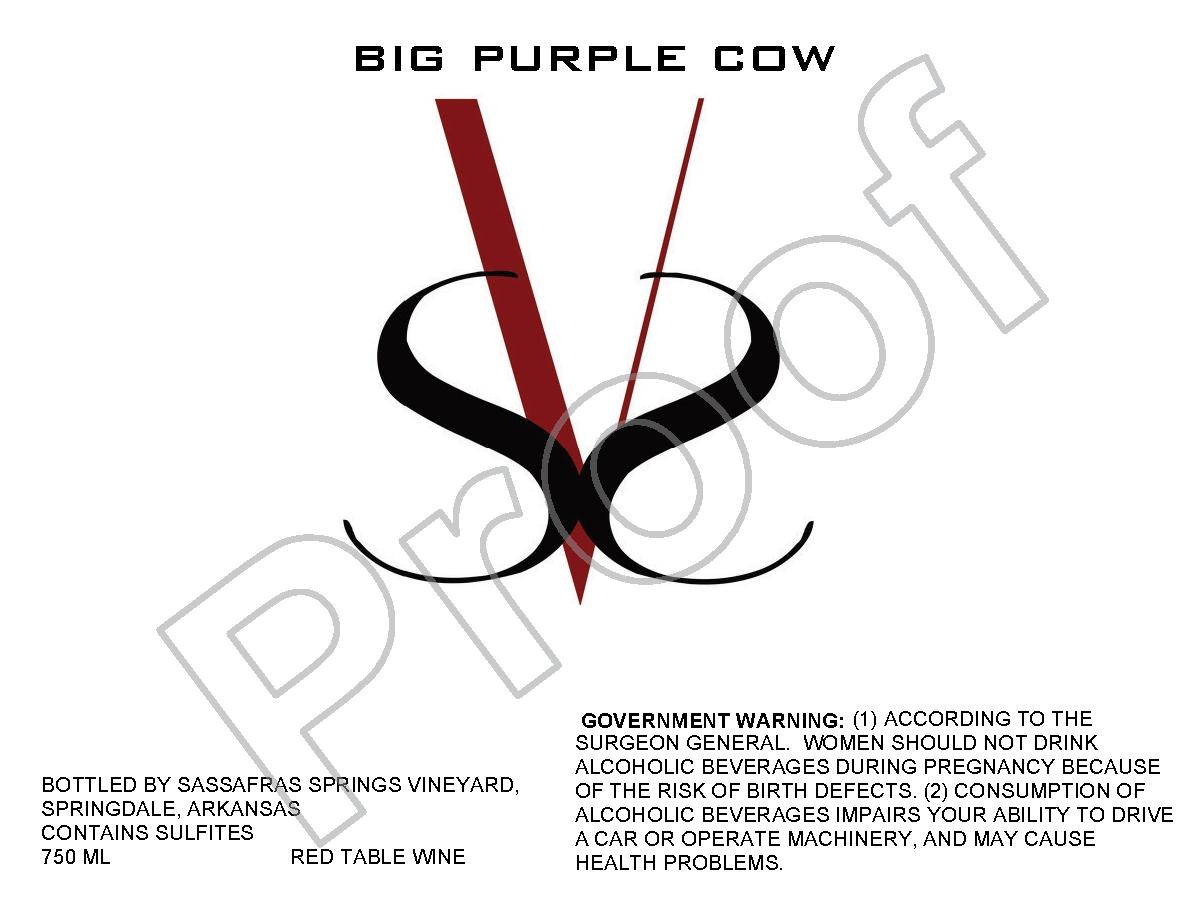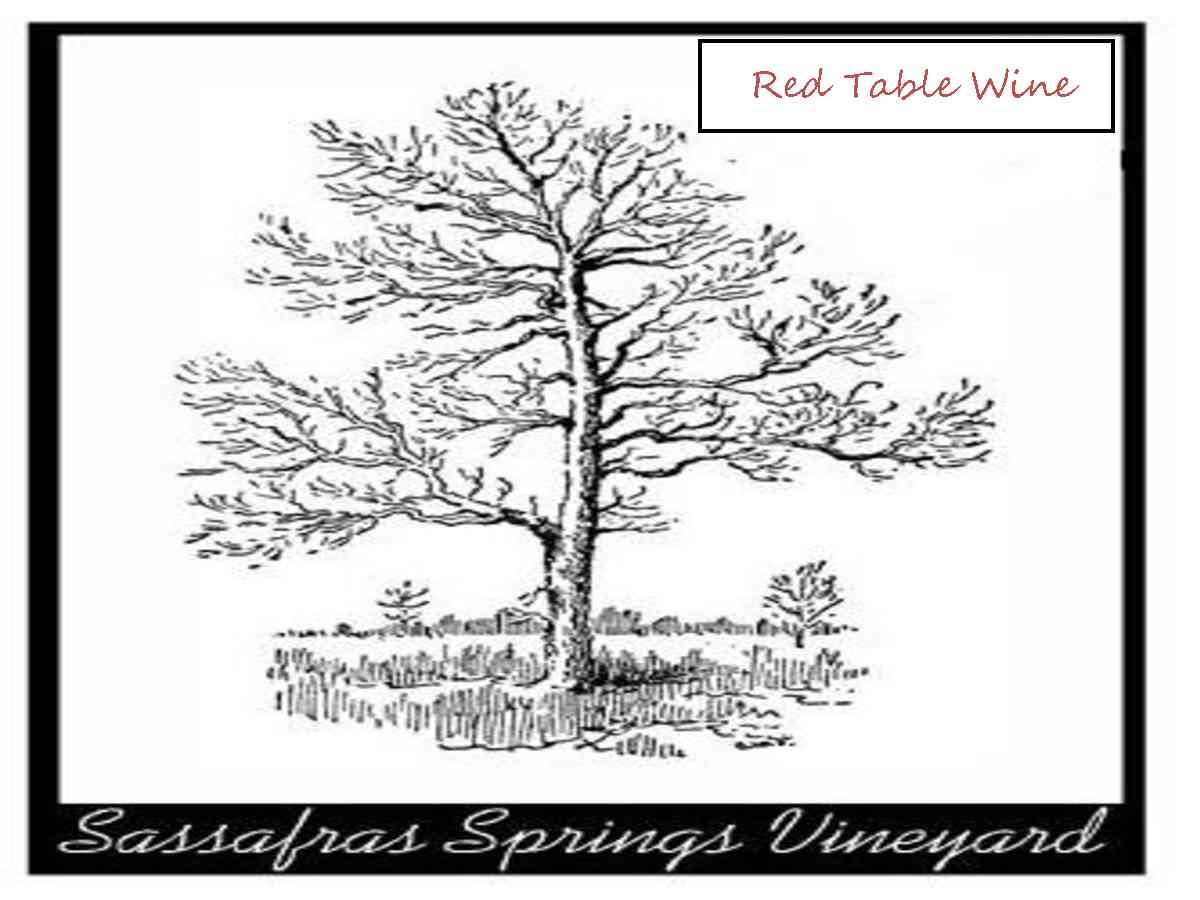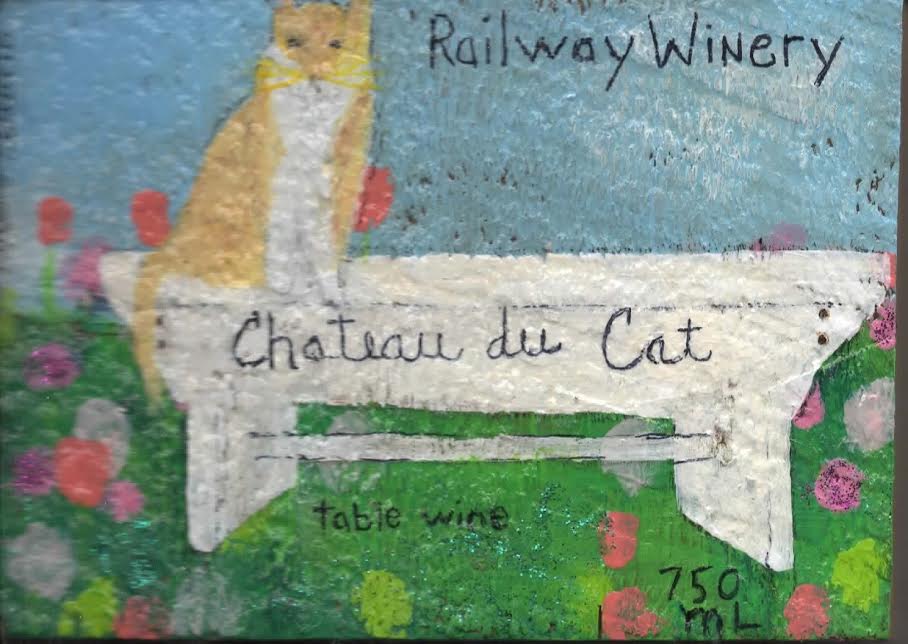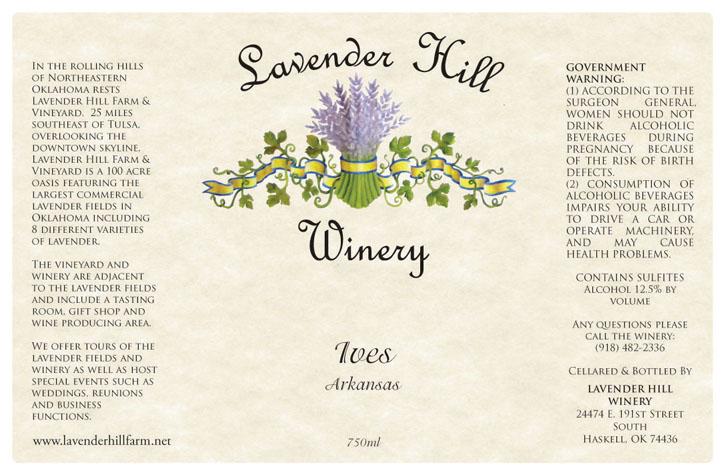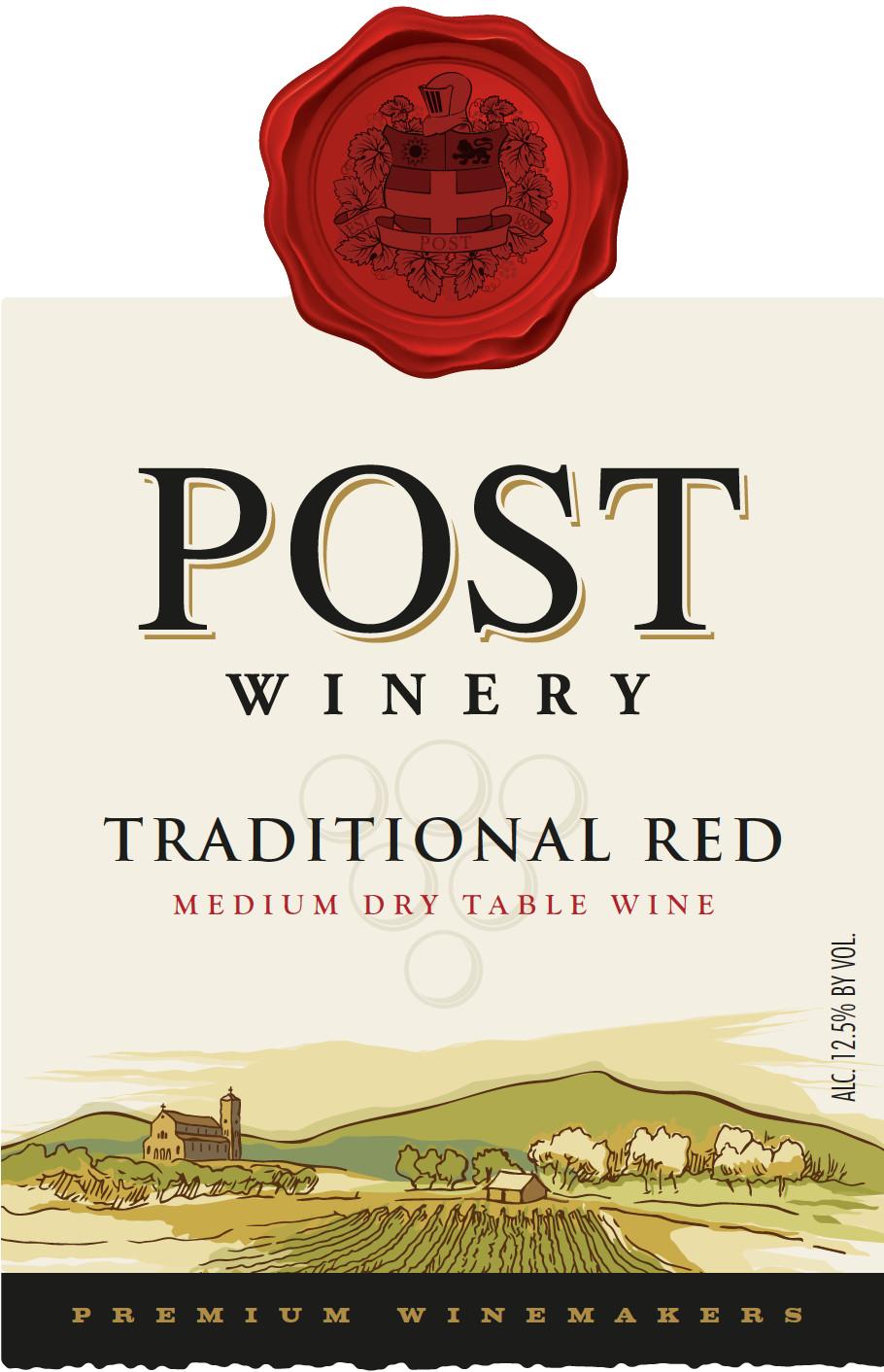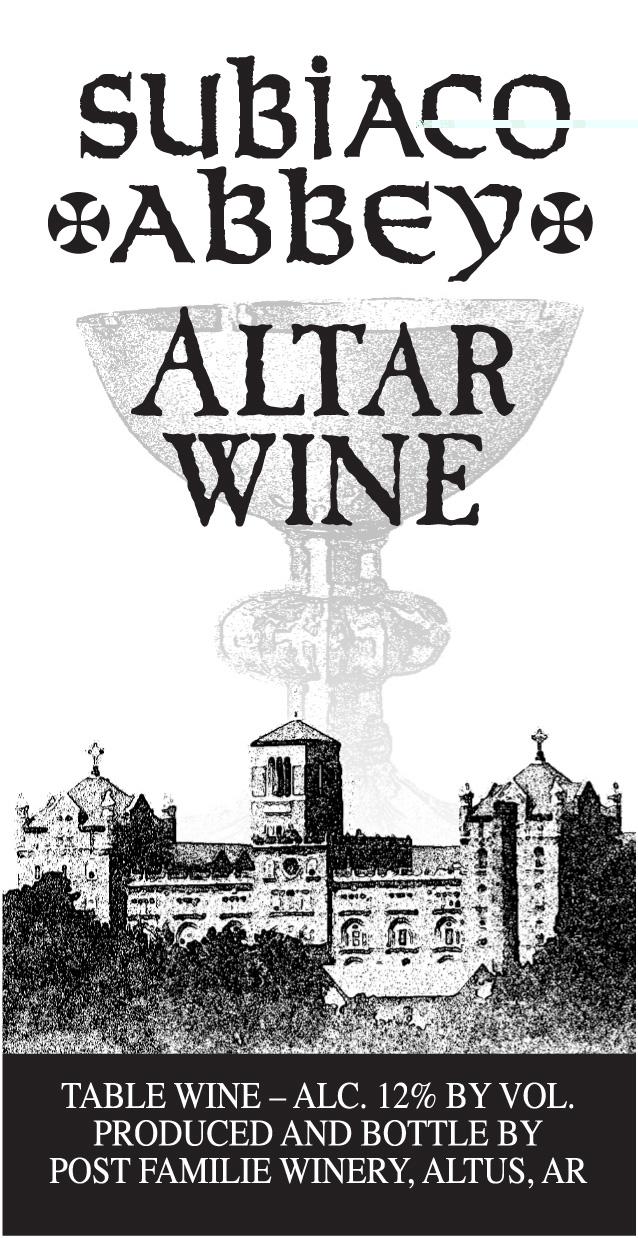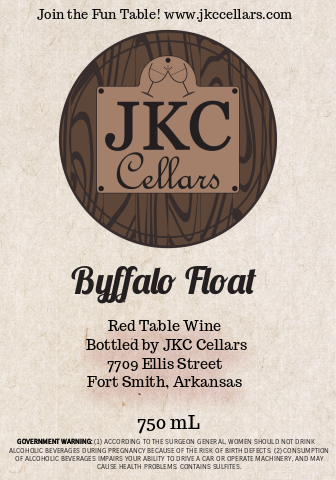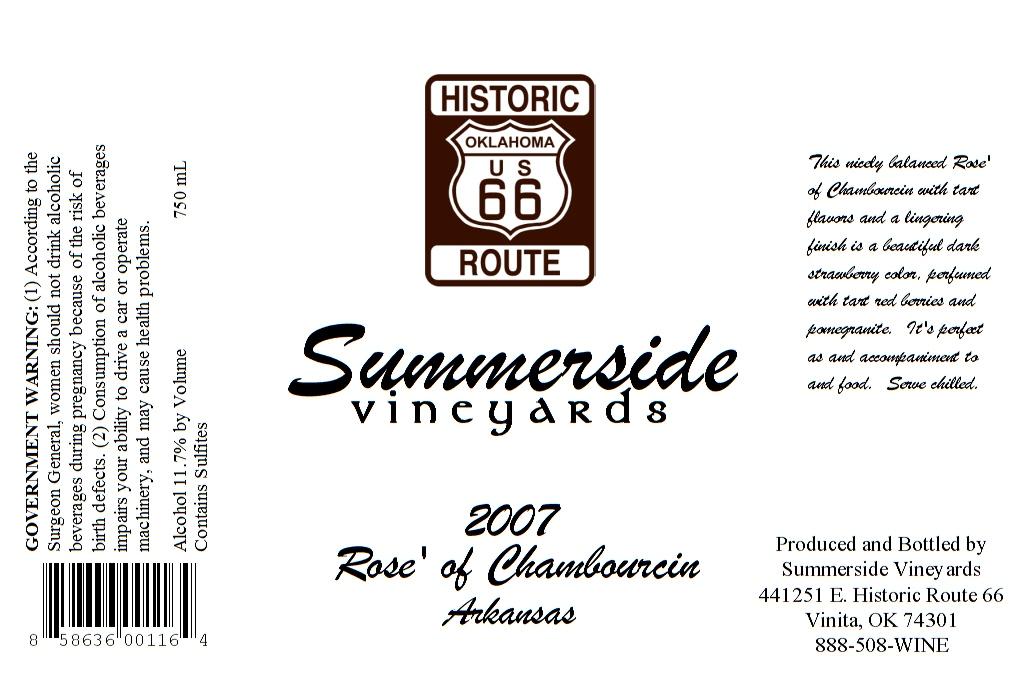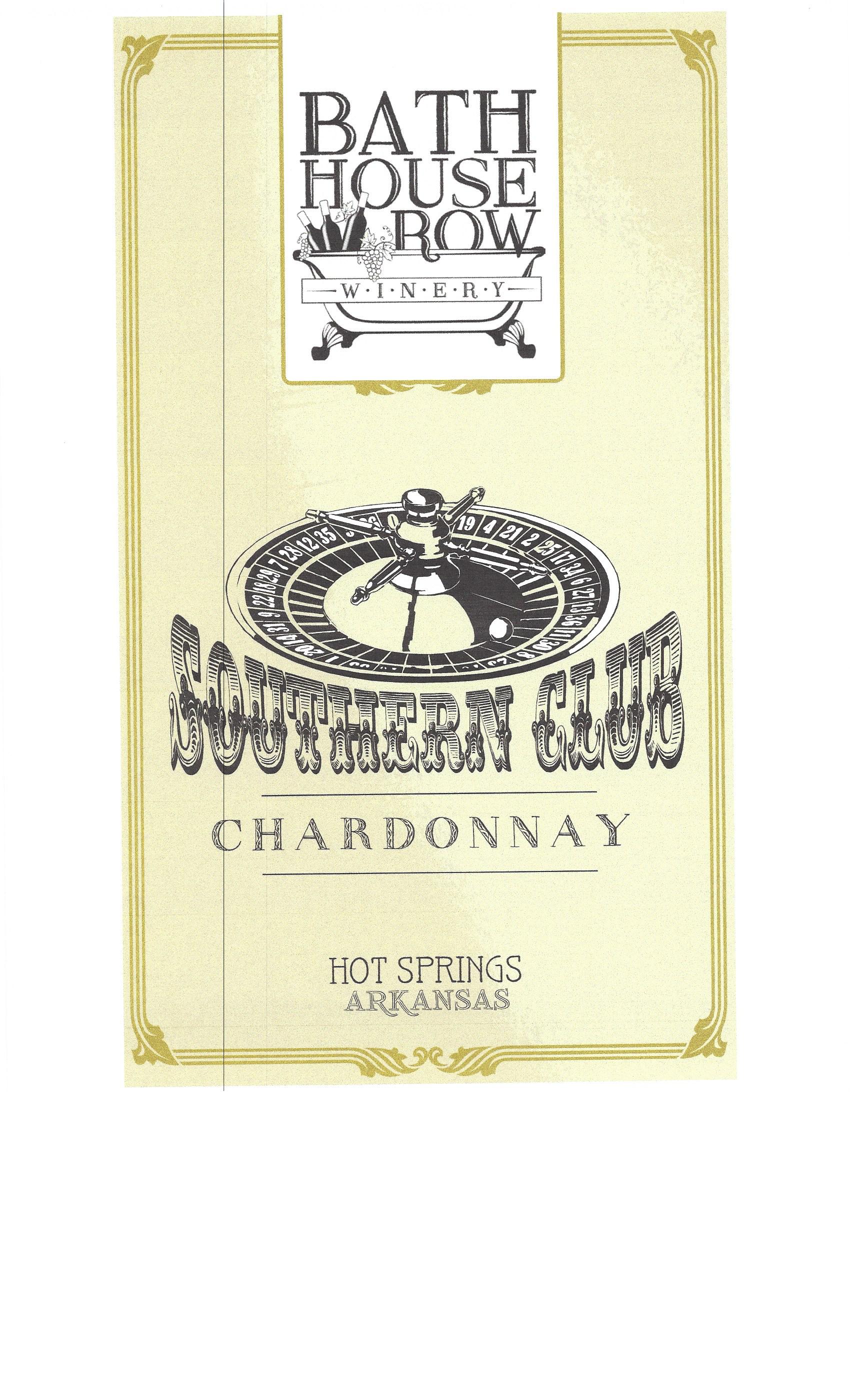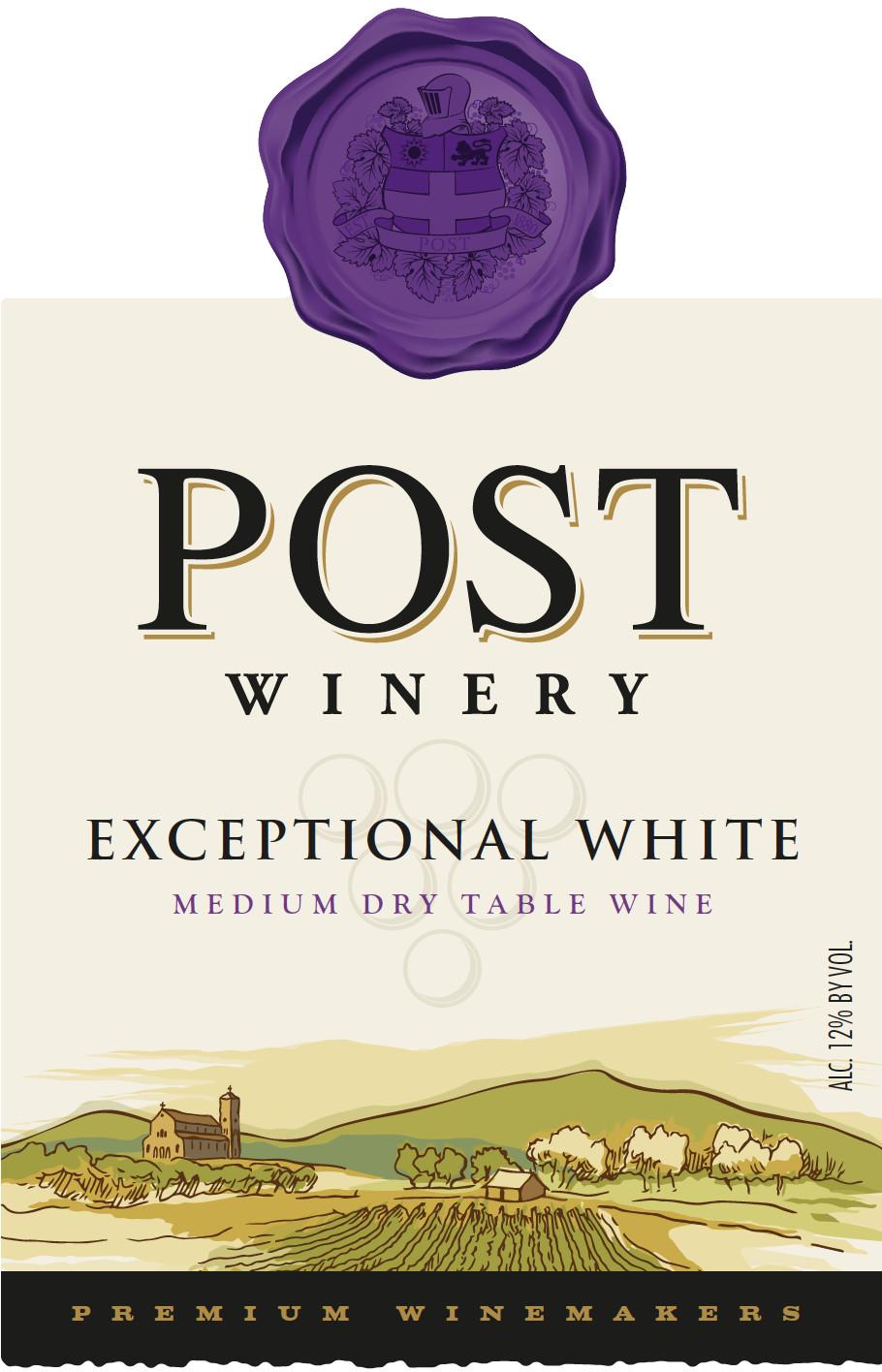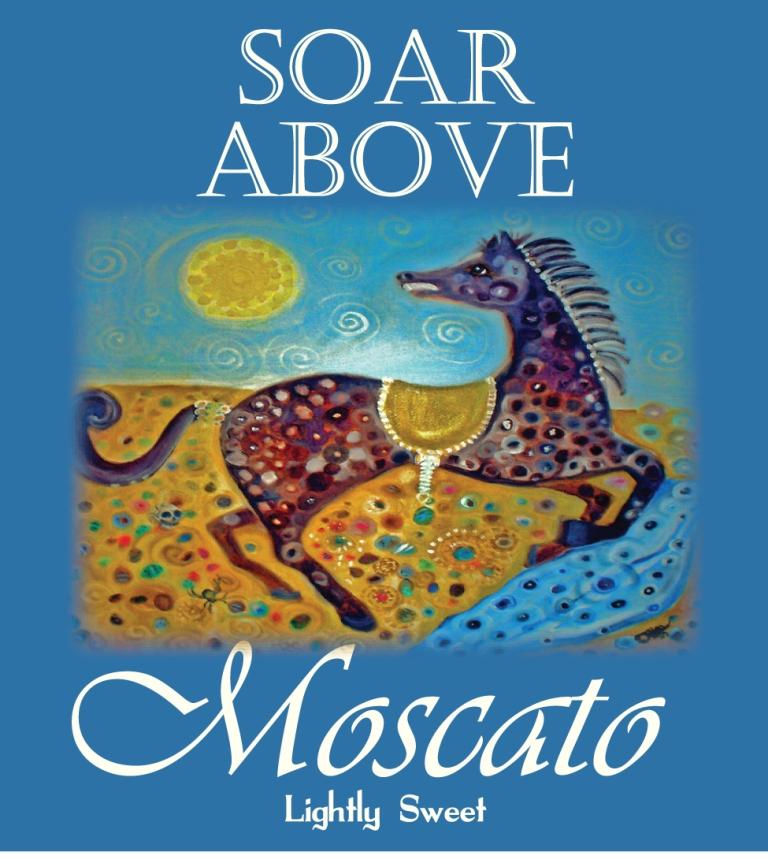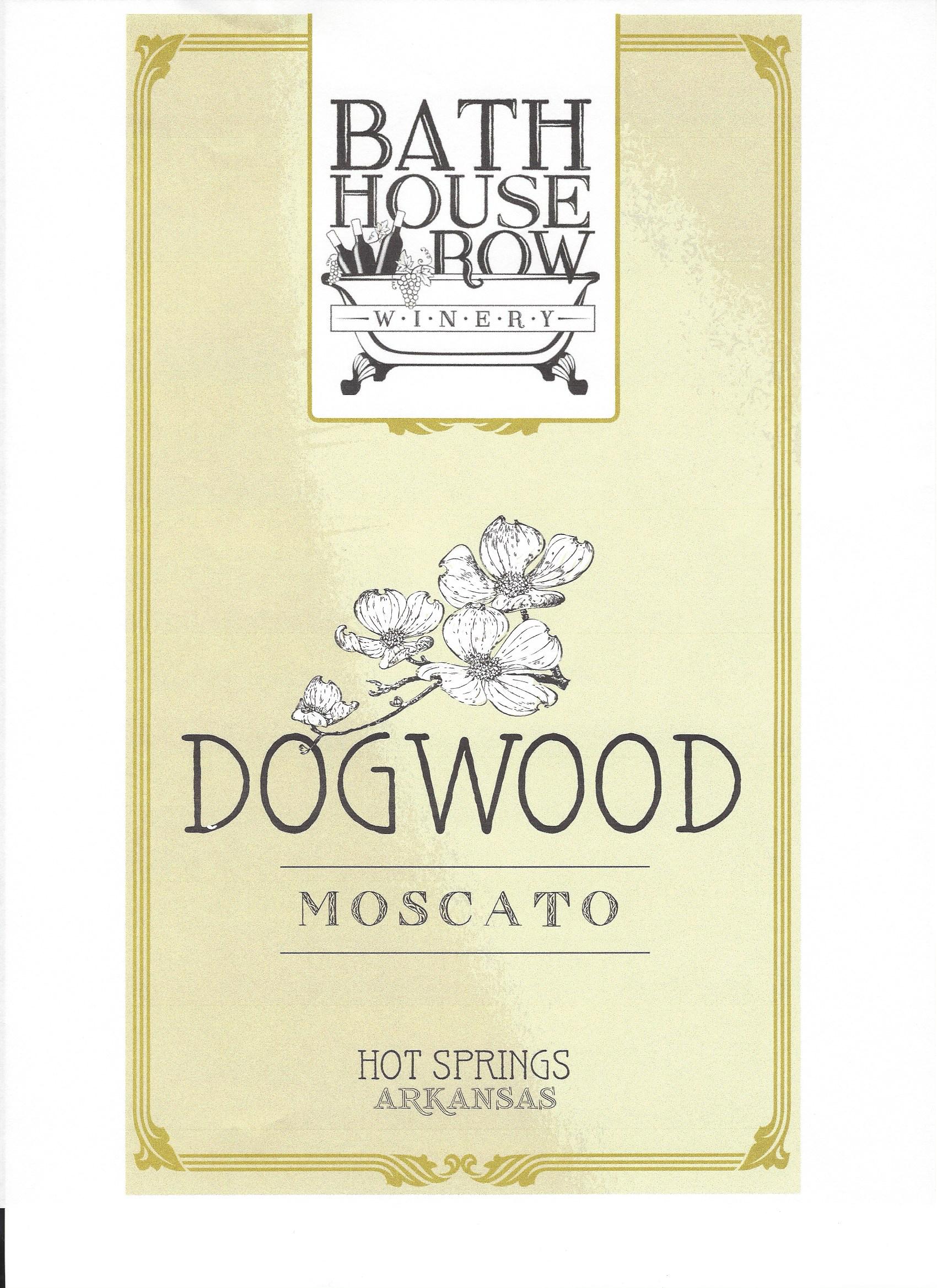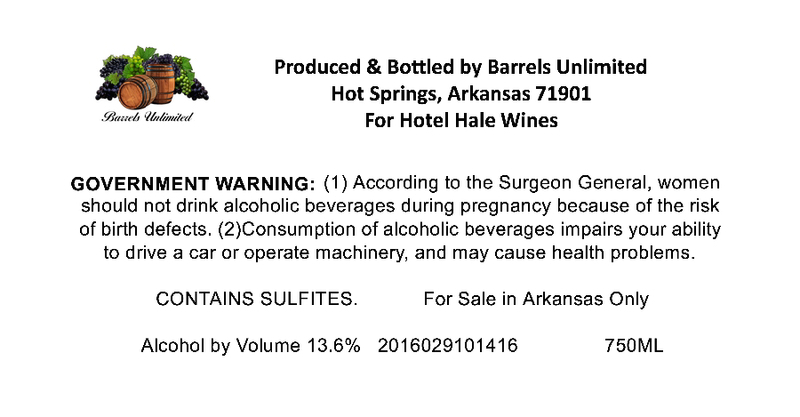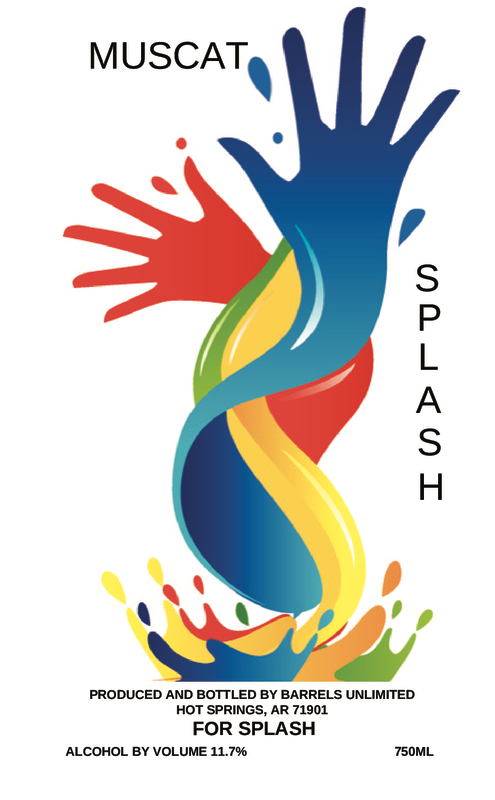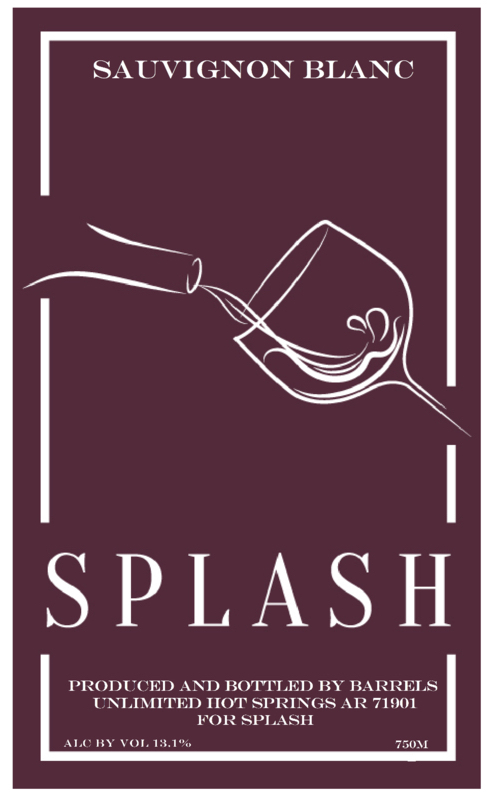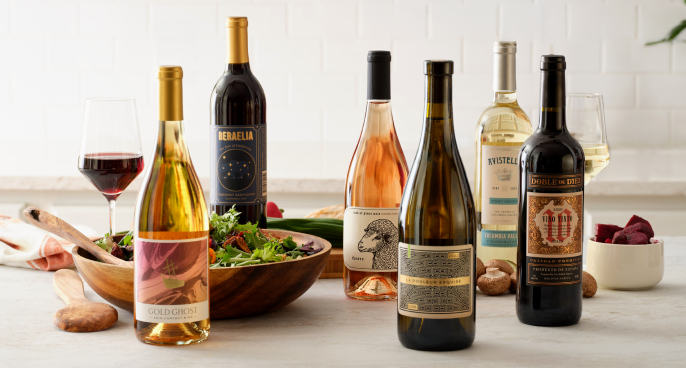Terroir of Arkansas
Arkansas's wine regions are shaped by a humid subtropical climate and diverse landscapes. Long, hot summers help grapes ripen, while mild winters are common in the lowlands. Around Altus, the elevated vineyards in the Boston Mountains protect against harsh weather, minimizing spring frost risks and ensuring steady wine production.
The area's soils, from gravelly sandy loams to limestone-rich clays, enhance grape quality. The Altus AVA features loamy topsoil over chert and limestone, adding mineral notes to its wines. The Arkansas River Valley's silt-loams support lush vine growth and rich fruit flavors. Rainfall and humidity challenge growers, requiring innovative vineyard management and disease-resistant grape varieties.
Overall, Arkansas's terroir balances warm days, cool nights, and varied soils, creating wines with unique Southern fruitiness and Ozark minerality.
Notable Wineries in Arkansas
Arkansas's vibrant wine industry is highlighted by several notable wineries, each contributing to the region's rich heritage and diverse offerings.
-
Post Familie Winery: The state's largest and oldest winery, known for its Muscadine grapes and innovative blends of traditional and modern techniques.
-
Wiederkehr Wine Cellars: Renowned for its historic charm and diverse wine selection, this winery offers a taste of Arkansas's wine legacy.
-
Mount Bethel Winery: Celebrated for its unique native grape wines and delightful fruit wines, offering a cozy farm-style tasting experience.
These outstanding wineries, from historic estates in Altus to newer boutique spots, form the backbone of Arkansas’s wine reputation. Each brings its unique flair, unified by a family-focused, hands-on approach that defines Arkansas Wine Country.
Sustainable Winemaking in Arkansas
Arkansas's wine industry is embracing sustainability with practices that blend tradition and innovation. Indigenous grape varieties like Muscadine and Cynthiana are favored for their natural resilience, reducing the need for chemical treatments and supporting biodiversity. Organic farming techniques, such as using cover crops and natural fertilizers, are common, enhancing soil health and reducing environmental impact.
Renewable energy is on the rise, with some wineries adopting solar power to lower their carbon footprint. The Arkansas Quality Wine Program, in partnership with the University of Arkansas, promotes sustainable practices among growers, focusing on adapting to climate change and reducing chemical use. Additionally, eco-friendly packaging and local sourcing help minimize emissions. These efforts reflect a growing commitment to sustainability in Arkansas, ensuring the vineyards remain productive and environmentally friendly for future generations.
Wine Tourism in Arkansas
Arkansas offers rich wine tourism experiences, blending history and scenic beauty with family-run charm.
The Altus region, known as the Wine Capital of Arkansas, features a compact cluster of wineries like Post and Wiederkehr, allowing easy exploration of over 100 wines.
The Altus Wine Trail is a popular route, showcasing diverse styles from robust Cynthiana reds to fruity Muscadines.
Seasonal visits during spring blooms or autumn harvests enhance the scenic vineyard experience.
Beyond Altus, Tontitown Winery and Keels Creek Winery provide cultural and artistic experiences, while Rusty Tractor Vineyards serves as a lively community venue.
Festivals like the Altus Grape Festival and Tontitown Grape Festival highlight the area's heritage, offering grape stomping and traditional celebrations.
Arkansas's wine tourism thrives on hospitality and heritage, inviting visitors to engage with winemakers and savor the unique terroir.

